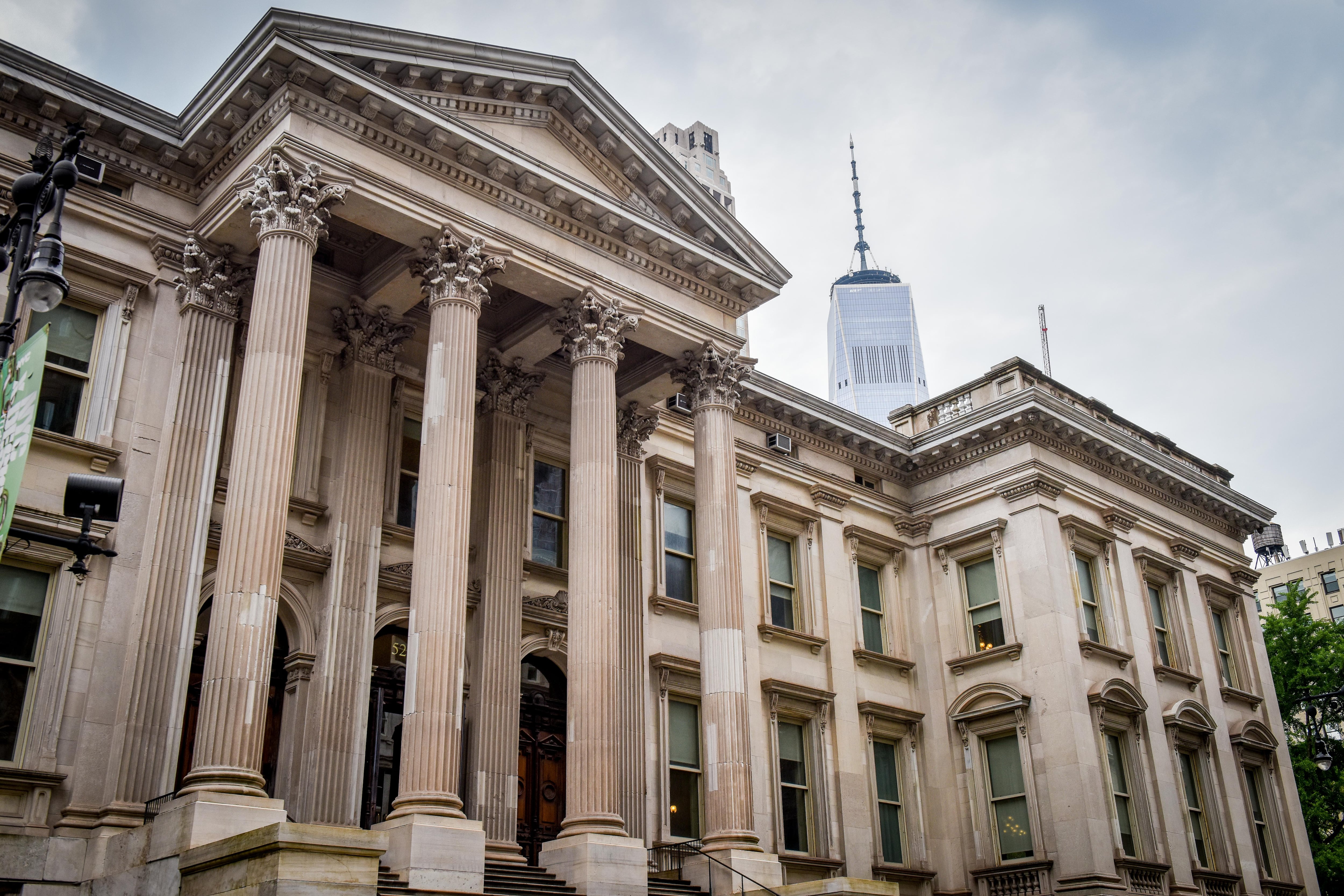Sign up for Chalkbeat New York’s free daily newsletter to keep up with NYC’s public schools.
New York City will send more than $9 million in additional funding to schools serving high shares of homeless students, after updating its policy for how students living in temporary housing are counted, according to the city’s Education Department.
The change comes after Comptroller Brad Lander sent a letter last month warning roughly 21,000 students were at risk of being left out of the city’s school funding formula.
The formula sends additional money to schools that serve a disproportionate share of students with disabilities, English language learners, and students who live in temporary housing. Schools saw their budgets adjusted based on how many students with disabilities and English language learners they served as of December this year. But for students living in temporary housing, the formula previously relied on data from Dec. 31, 2022.
With an influx of asylum-seeking and other migrant families entering the city’s shelter system over the past year, that meant schools serving higher shares of homeless students could miss out on millions in additional funding, Lander said.
But at a town hall in Brooklyn last week, officials from the city’s Education Department said the formula had been tweaked to allocate about $9.6 million in additional school funding.
“Folks should start seeing that,” said schools Chancellor David Banks. “That is happening in real time.”
The city’s Education Department confirmed it had updated school funding allocations for students in temporary housing to use enrollment figures as of Oct. 31.
“Due to the influx of newcomers, we’ve taken a hard look at our policy and revised it so we can more quickly provide resources to our schools to support our newly arriving students,” said Nicole Brownstein, a spokesperson for the city’s Education Department “We are pleased to say the funding was allocated to schools in early December.”
In a statement Monday, Lander praised the decision.
“This will reduce resource scarcity in schools with new arrivals and help ensure all students get the support they need,” he said.
Education Department officials also noted that prior to midyear budget adjustments, $17 million had also been distributed to schools experiencing higher than anticipated enrollment growth.
Officials did not immediately say how many additional students living in temporary housing were included in the school funding formula as a result of the change.
Though the city’s population of homeless students has long remained high, it surged to nearly 120,000 with the influx of asylum-seeking families last year — a record high for the city.
Concerns over the funding formula came as the city experienced broad financial challenges. The Education Department has been forced to cut nearly $550 million from its budget, as the city prepares for the looming expiration of federal pandemic aid next year. Schools where enrollment numbers fell short of projections also faced midyear budget cuts for the first time in four years.
Julian Shen-Berro is a reporter covering New York City. Contact him at jshen-berro@chalkbeat.org.







